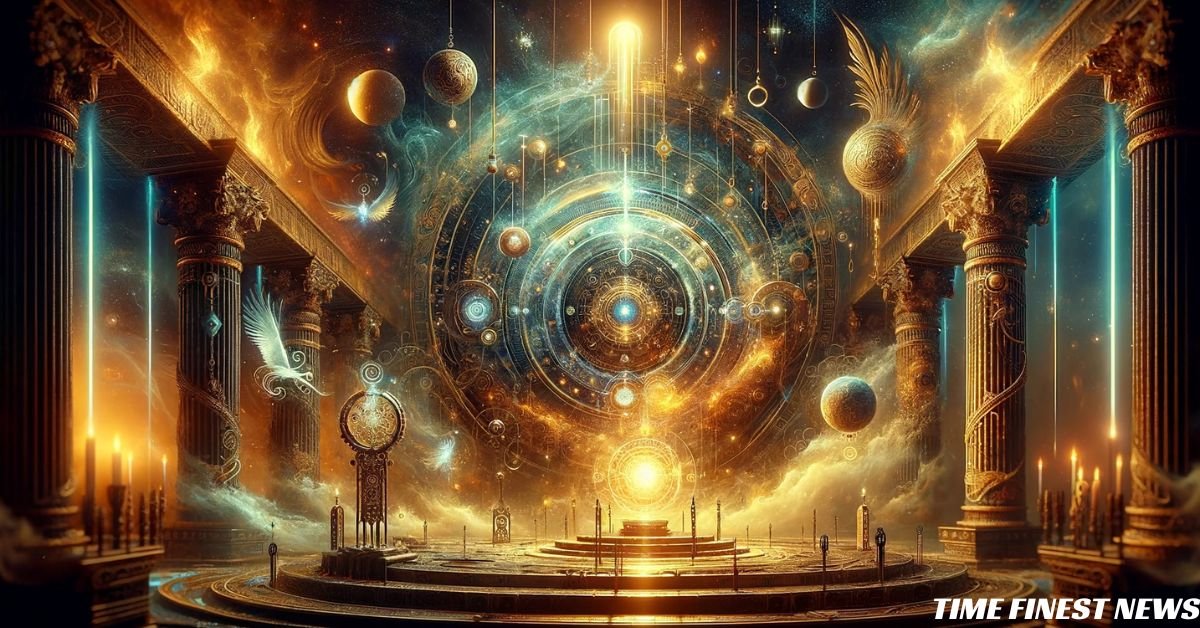Rongokurais Boon: Exploring Its Mythical Legacy and Cultural Impact

Introduction to Rongokurai’s Boon
Rongokurais Boon, a concept deeply embedded in mythology and folklore, carries profound symbolism and timeless relevance. This article seeks to explore its pervasive influence from ancient lore to modern-day interpretations across various cultures, examining how this mythical blessing reflects core human values and aspirations.
Essence and Origins
The concept of Rongokurais Boon originated in ancient mythologies and has been revered as a divine intervention bestowed by supernatural forces. This mythical gift is often represented in stories and legends as granting recipients extraordinary attributes such as courage, wisdom, and strength—qualities that transcend the ordinary and propel individuals toward greatness.
Symbolism and Modern Applications
Symbolized in lore by powerful artifacts like Excalibur, Rongokurais Boon represents not just mythical stories but also profound truths about human potential and the quest for personal excellence. In contemporary times, the boon finds relevance in various fields such as personal development, literature, and art, inspiring individuals to overcome personal limitations and achieve significant growth.
Cultural Impact and Philosophical Significance
Rongokurais Boon carries a deep philosophical weight, often prompting discussions about fate versus free will. Its narrative has evolved through the ages, reflecting the prevailing values and beliefs of different cultures. Today, it continues to influence modern media and pop culture, providing a rich source of material for films, books, and discussions that explore existential themes.
Furthermore.
Rongokurais Boon serves as a bridge connecting various disciplines and philosophies, from the arts to ethics. In educational settings, it can be used to illustrate the intersection of mythology and moral philosophy, challenging students to explore how ancient symbols can still effectively address fundamental questions about human nature and societal structures. Through these discussions, Rongokurai’s Boon continues to enrich cultural dialogues, proving that ancient myths can wield significant power in modern cultural and intellectual landscapes.
Contemporary Relevance and Critiques
While Rongokurais Boon is celebrated for its inspirational value, it is not without its critiques. Some argue that it promotes passivity by suggesting that external divine forces are responsible for personal success, thereby justifying inequalities or injustices under the guise of divine favor. These criticisms prompt a deeper examination of the boon’s role in moral and ethical discourses, illustrating the complexity of its implications beyond mere folklore.
Conclusion
Rongokurais Boon remains a compelling element in the tapestry of human cultural and philosophical exploration. It challenges us to consider the extent of our own potential and the profound human quest to understand our place in the cosmos. Whether viewed through the lens of ancient mythology or modern psychology, Rongokurais Boon continues to inspire, provoke thought, and shape narratives, making it a timeless symbol of human aspiration and spiritual quest.





